Inlet Soap Company
Inlet Soap Company
Behind The Bubbles:
The Inlet Soap Co. Blog
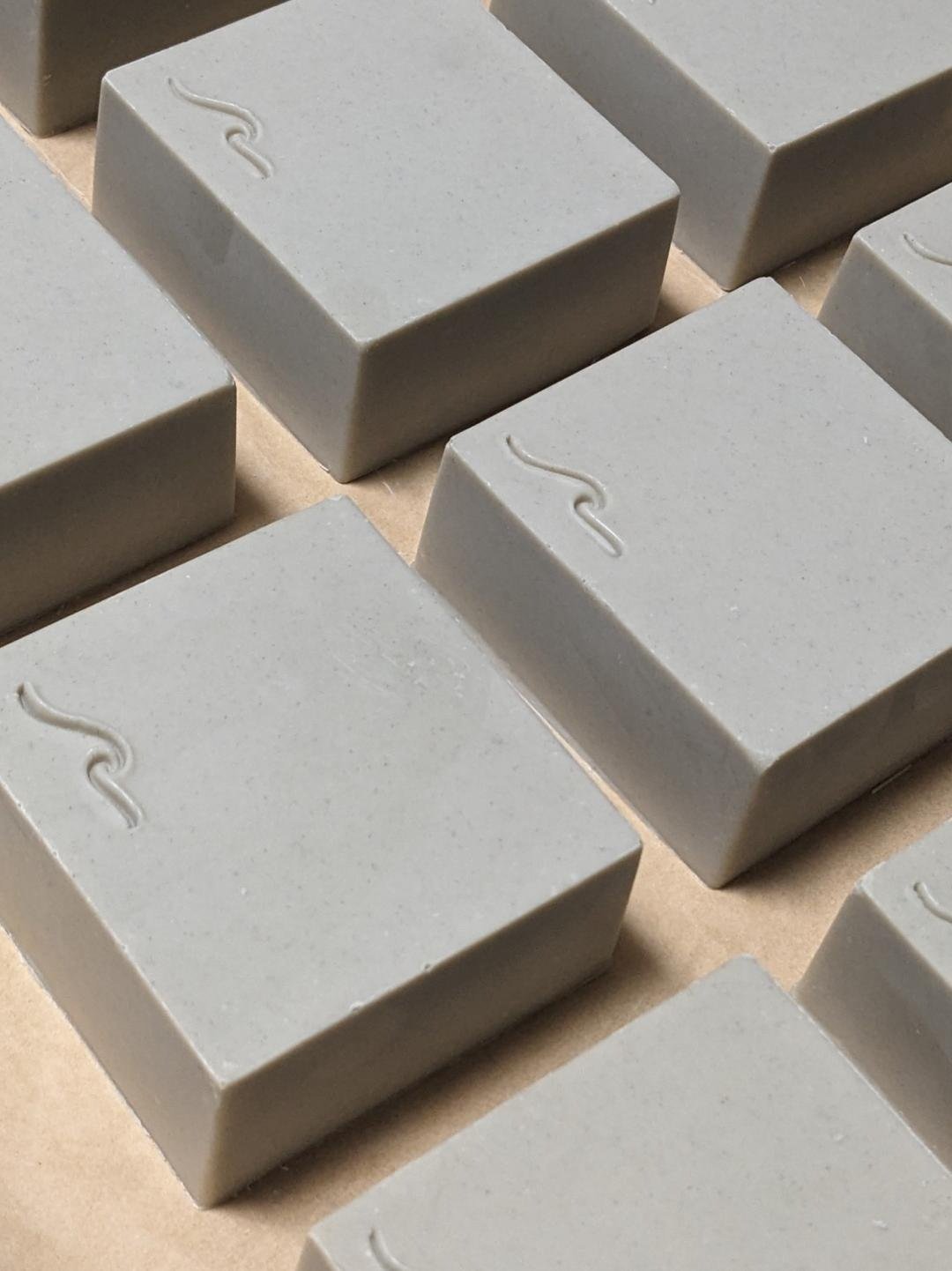
Brine Bar Beauty: Why Unscented Soleseife Soap Belongs in Your Facial Routine
When it comes to facial care, gentle and effective are key—and that’s exactly where brine soap, also known as soleseife, shines. At Inlet Soap Co., we handcraft unscented brine bars using a natural saltwater solution to offer a minimalist, skin-friendly option for your daily routine.
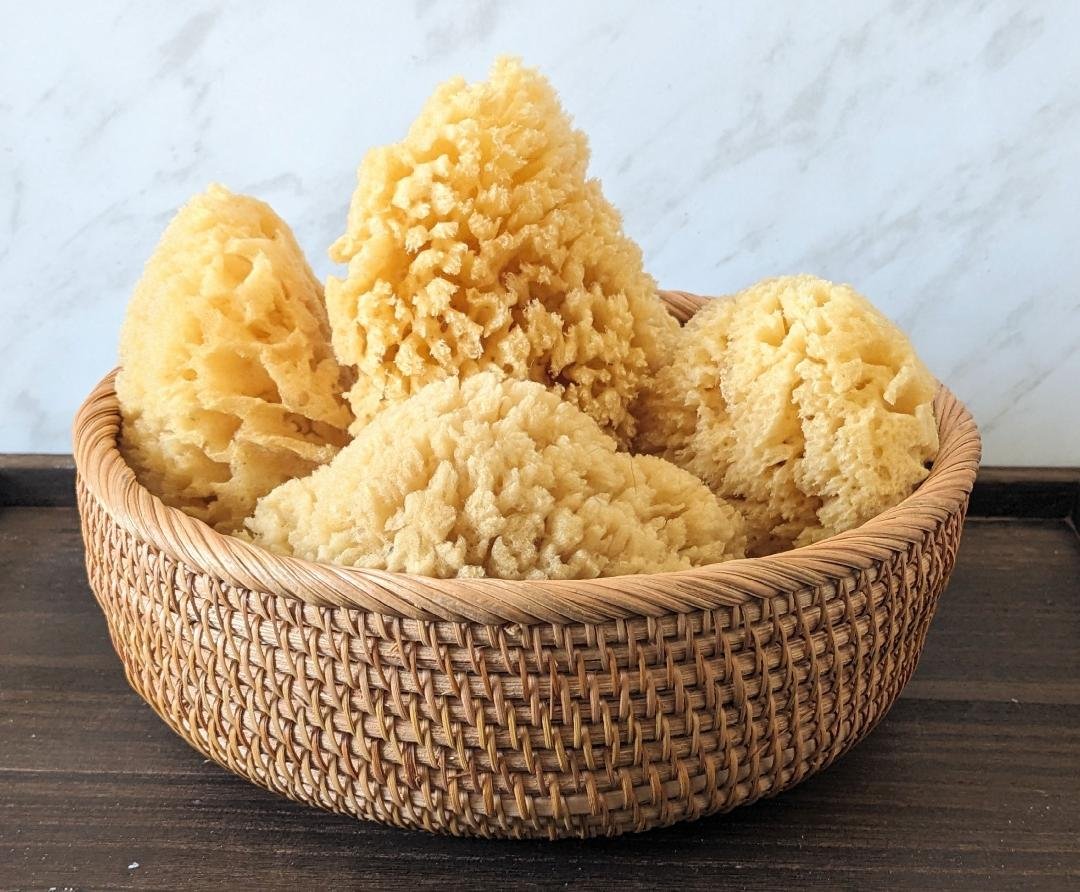
The Ultimate Guide to Caring for Your Natural Sea Sponge
At Inlet Soap Company, we are proud to offer sponges sourced locally from the historic sponge docks in Tarpon Springs, Florida—an area renowned for its rich tradition of sponge harvesting. By choosing a natural sea sponge from us, you’re not only investing in a premium bathing experience but also supporting sustainable, locally sourced products that honor the heritage of this iconic region. Proper care will allow you to enjoy the natural benefits of these sponges for many years to come.
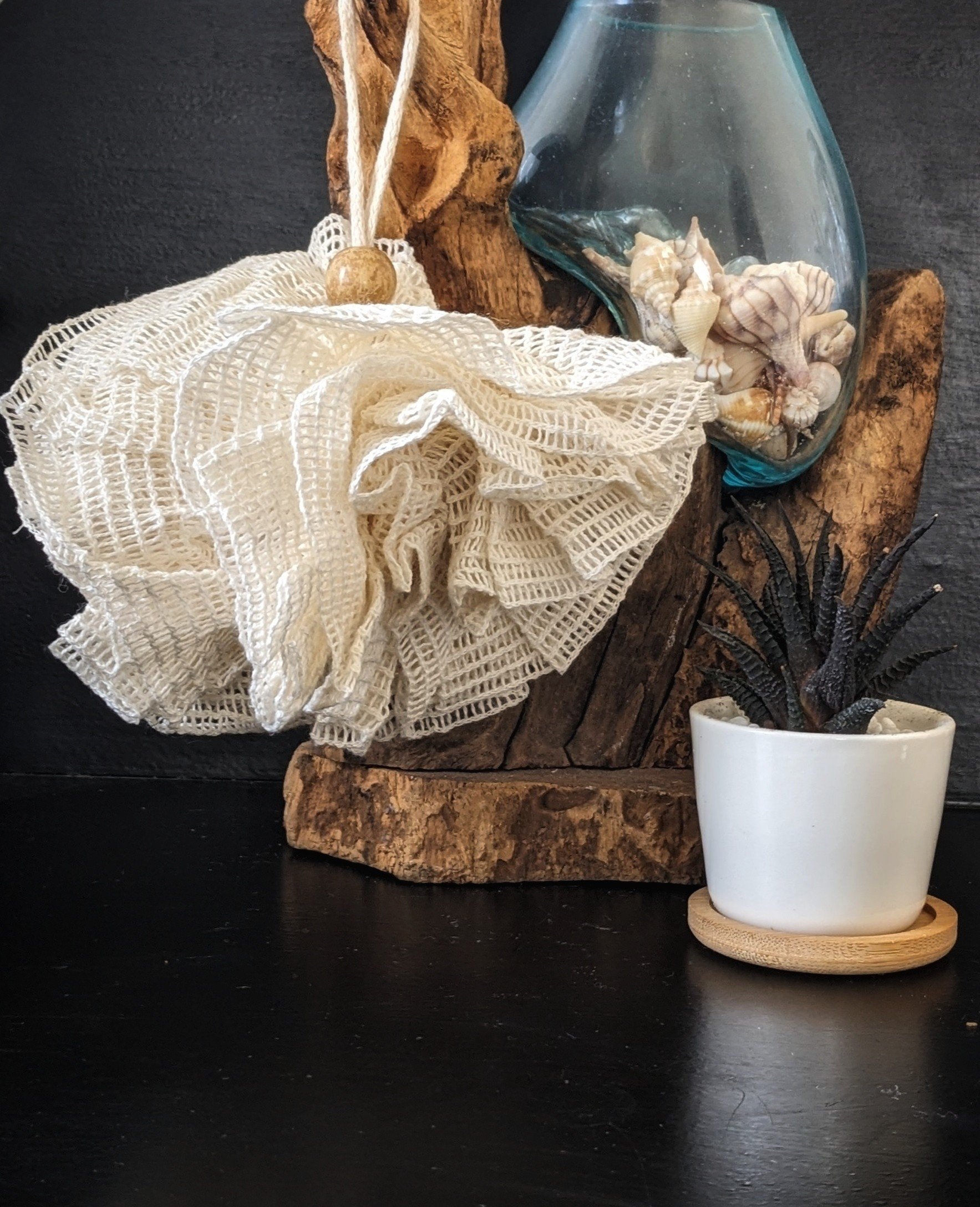
Product Spotlight: Ramie Shower Poof – Natural Lather for a Refreshing Cleanse
What Is Ramie Fiber and Where Does It Come From?
Ramie fiber is a natural textile fiber derived from the stalks of the ramie plant (Boehmeria nivea), a member of the nettle family. It has been cultivated for thousands of years, primarily in China, India, and Southeast Asia. The plant produces long, silky fibers that are known for their strength, durability, and resistance to mildew and bacteria.
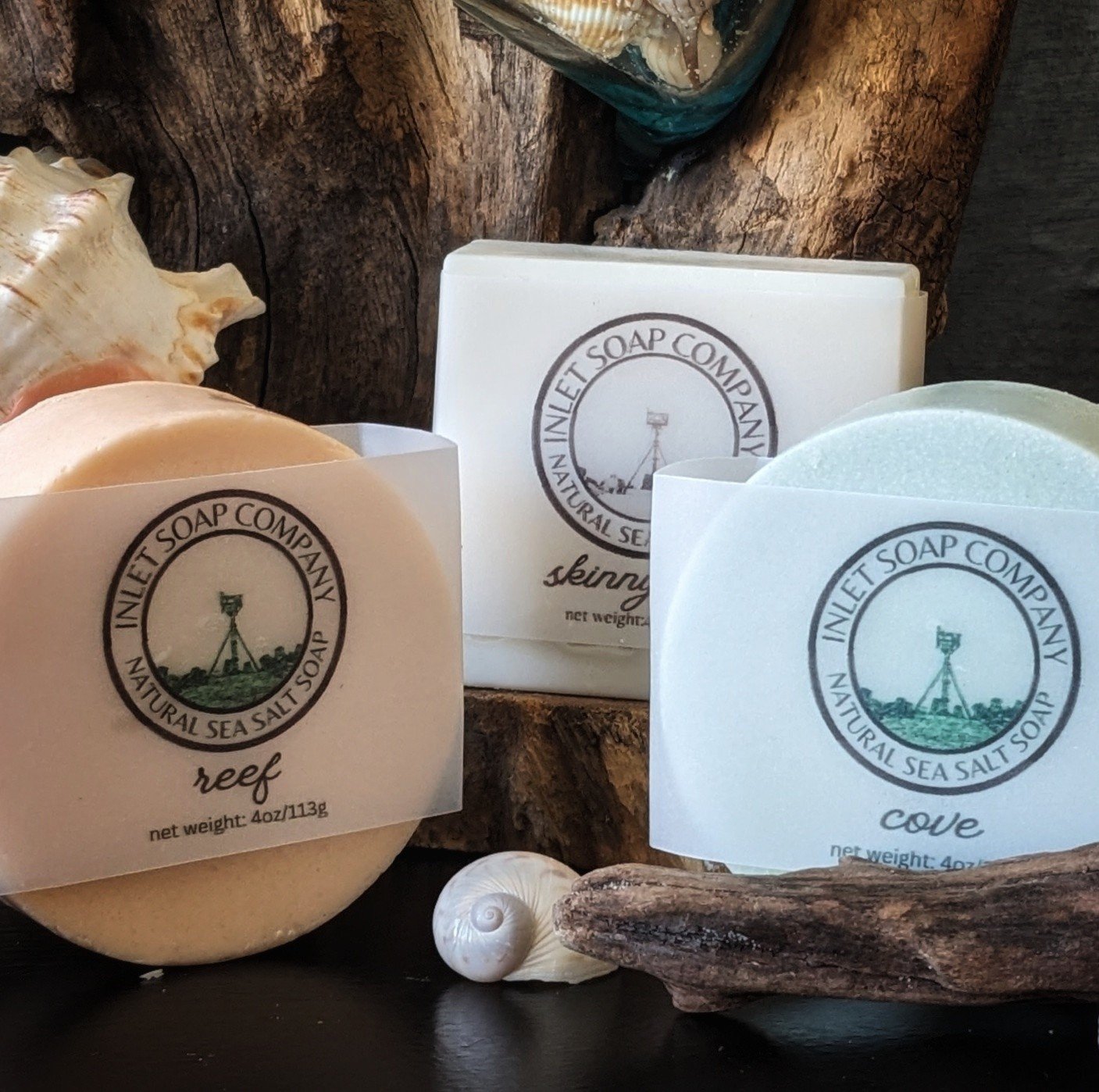
The Magic of Saponification: How Lye Turns Oils into Powerful Cleansing Soap
Have you ever wondered how soap actually cleans? It all comes down to a fascinating chemical process called saponification. This reaction is the key to creating soap’s unique ability to break down grease, dirt, and bacteria, leaving your skin and surfaces fresh and clean.
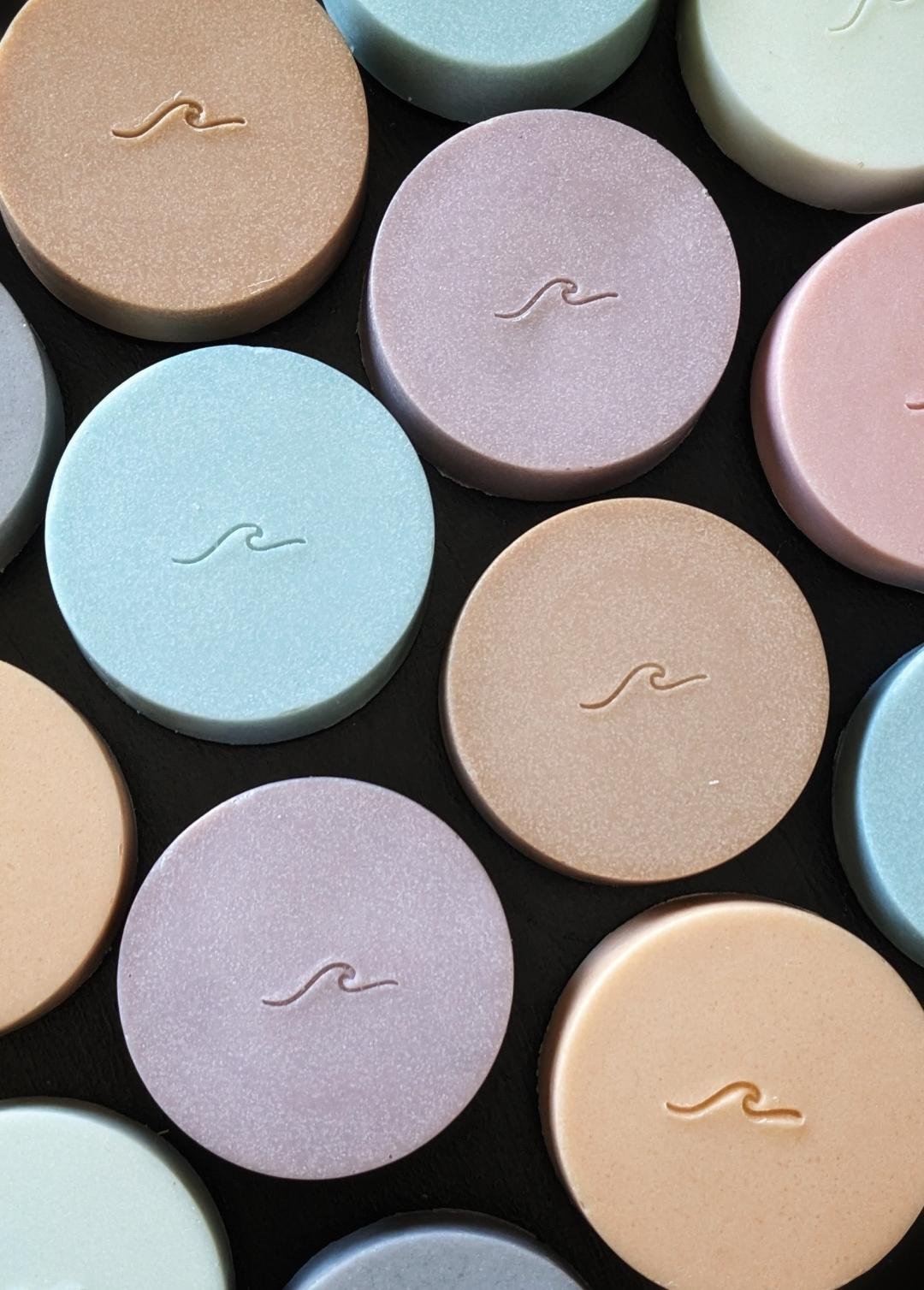
Why Does Sea Salt Soap Last Longer? The Secret to a Harder, More Durable Bar
If you’ve ever used a handmade soap that melted away too quickly, you know the frustration of watching your favorite bar disappear in just a few showers. But one type of soap stands out when it comes to longevity—sea salt soap. Known for its rich mineral content and luxurious feel, sea salt soap benefits your skin and lasts significantly longer than traditional soaps.
So, what makes sea salt soap so durable? Let’s break down the science behind its long-lasting power and why it might be the best investment for your skincare routine.
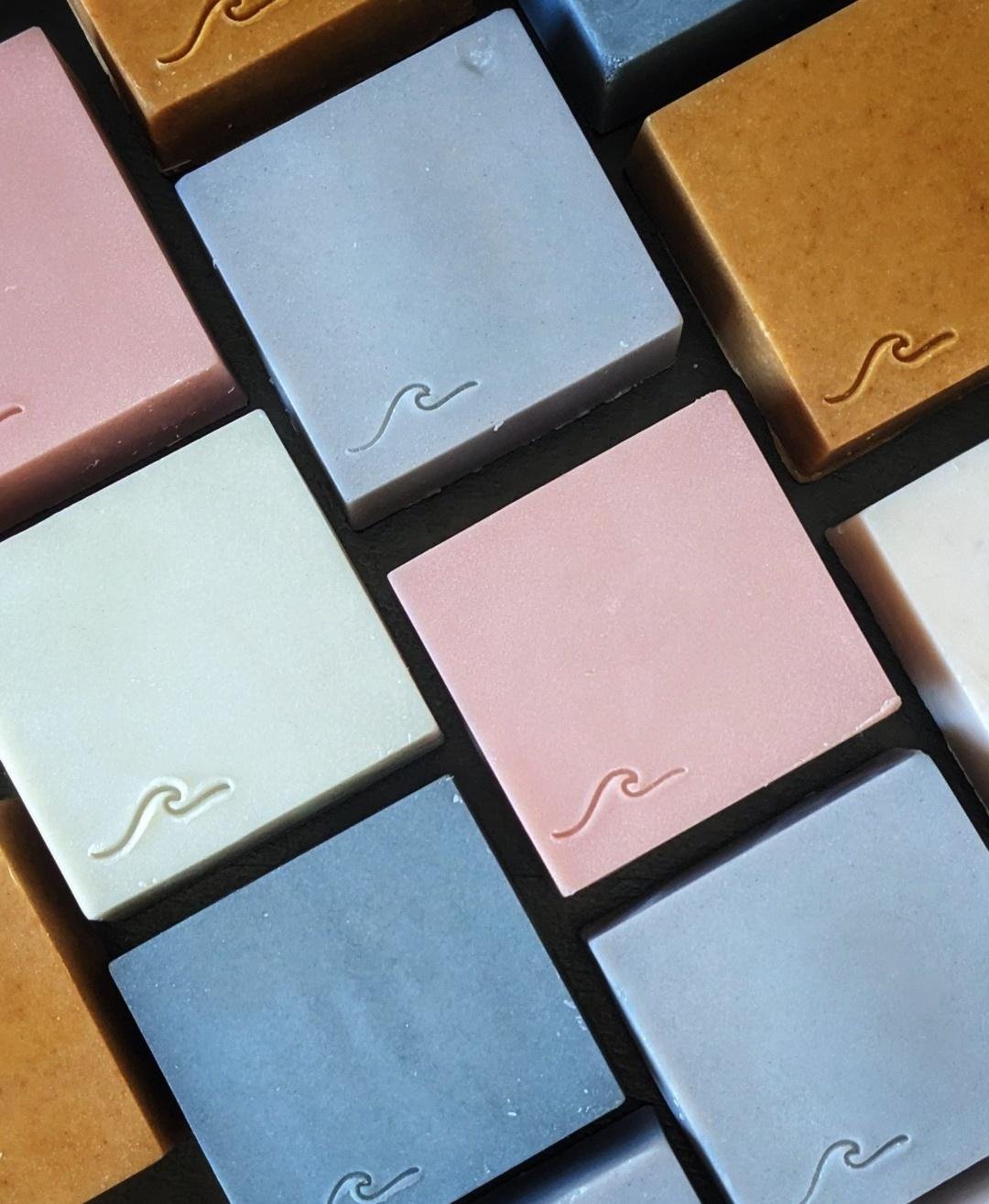
The Sustainability of Bar Soap
The environmental impact of plastic waste is one of the most pressing challenges of our time. Globally, an estimated 300 million tons of plastic are produced annually, much of which ends up in landfills, oceans, and ecosystems. In this context, adopting more sustainable habits, such as using bar soap instead of liquid soap, presents a simple yet impactful way to reduce plastic waste. Bar soap offers significant environmental benefits, including minimal packaging, reduced carbon emissions, and a smaller ecological footprint.
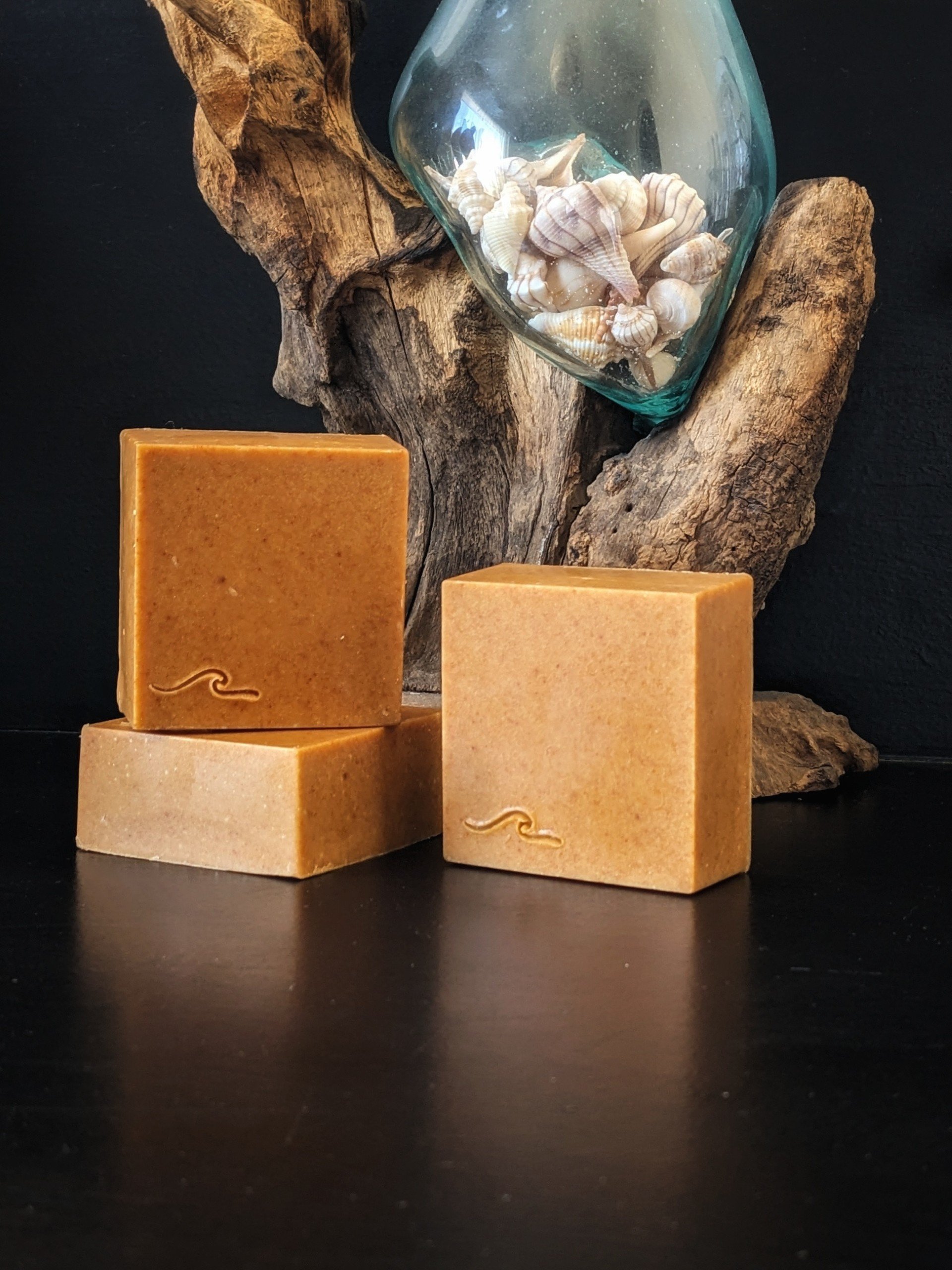
Ingredient Spotlight: Turmeric
Turmeric powder, derived from the root of the Curcuma longa plant, is a golden-hued spice celebrated for its exceptional health and skincare benefits. It has been widely used in beauty rituals for centuries and is prized for its active compound, curcumin, which boasts powerful antioxidant, anti-inflammatory, and antimicrobial properties. Recently, turmeric has become a sought-after ingredient in natural skincare products, including soaps, for its ability to brighten skin, reduce blemishes, and promote a radiant, even complexion.
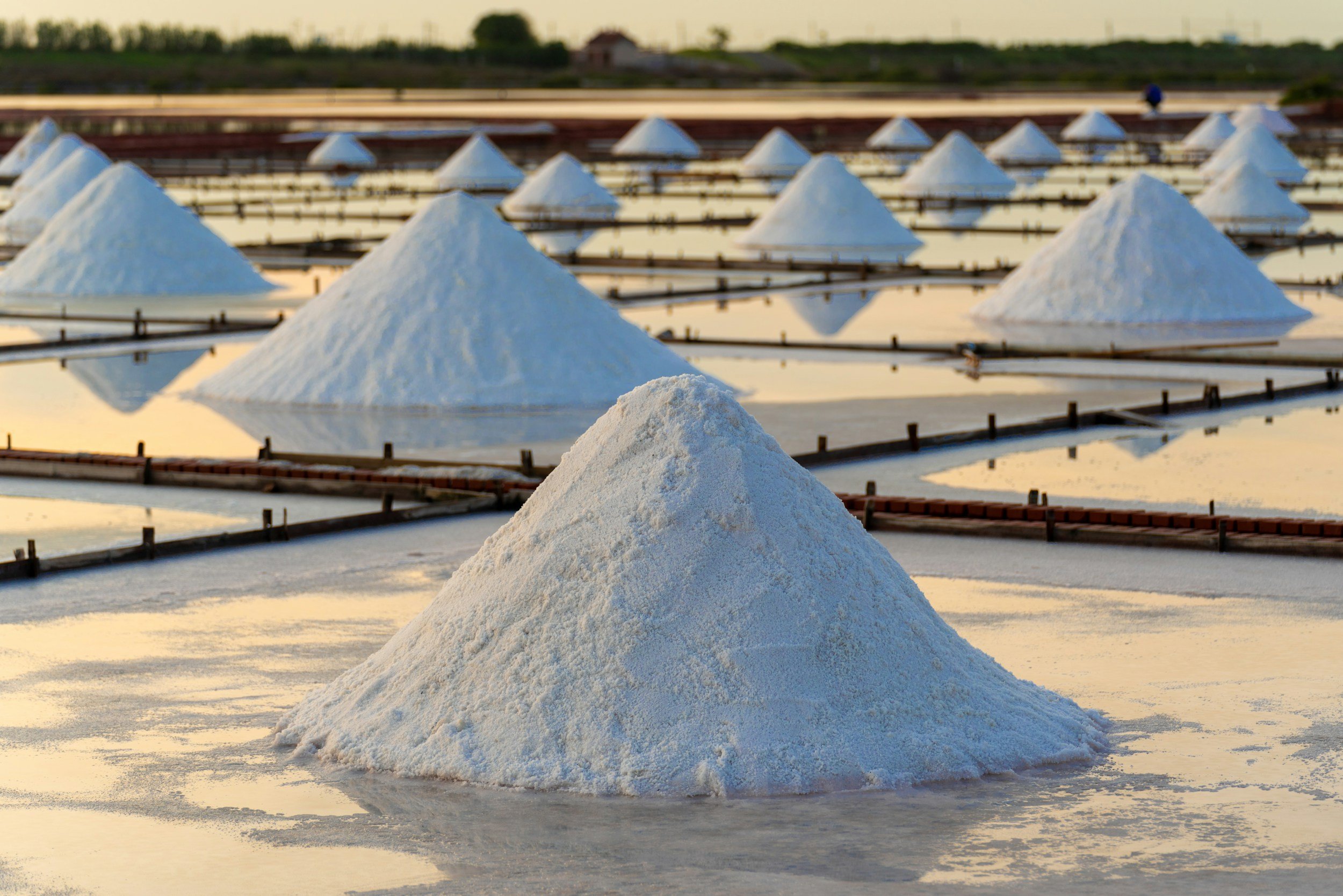
The History of Solseife
Choosing Inlet Soap Company’s brine soap means embracing a product that combines tradition, sustainability, and quality. Crafted with care in small batches, our brine soap reflects a commitment to eco-friendly practices, avoiding palm oil and microplastics while using only high-quality ingredients. With its long-lasting design and timeless simplicity, our soap provides a thoughtful, environmentally conscious choice for those who value artisanal craftsmanship and the preservation of our planet. Make the switch to Inlet Soap Company and join us in making a positive impact, one bar at a time.
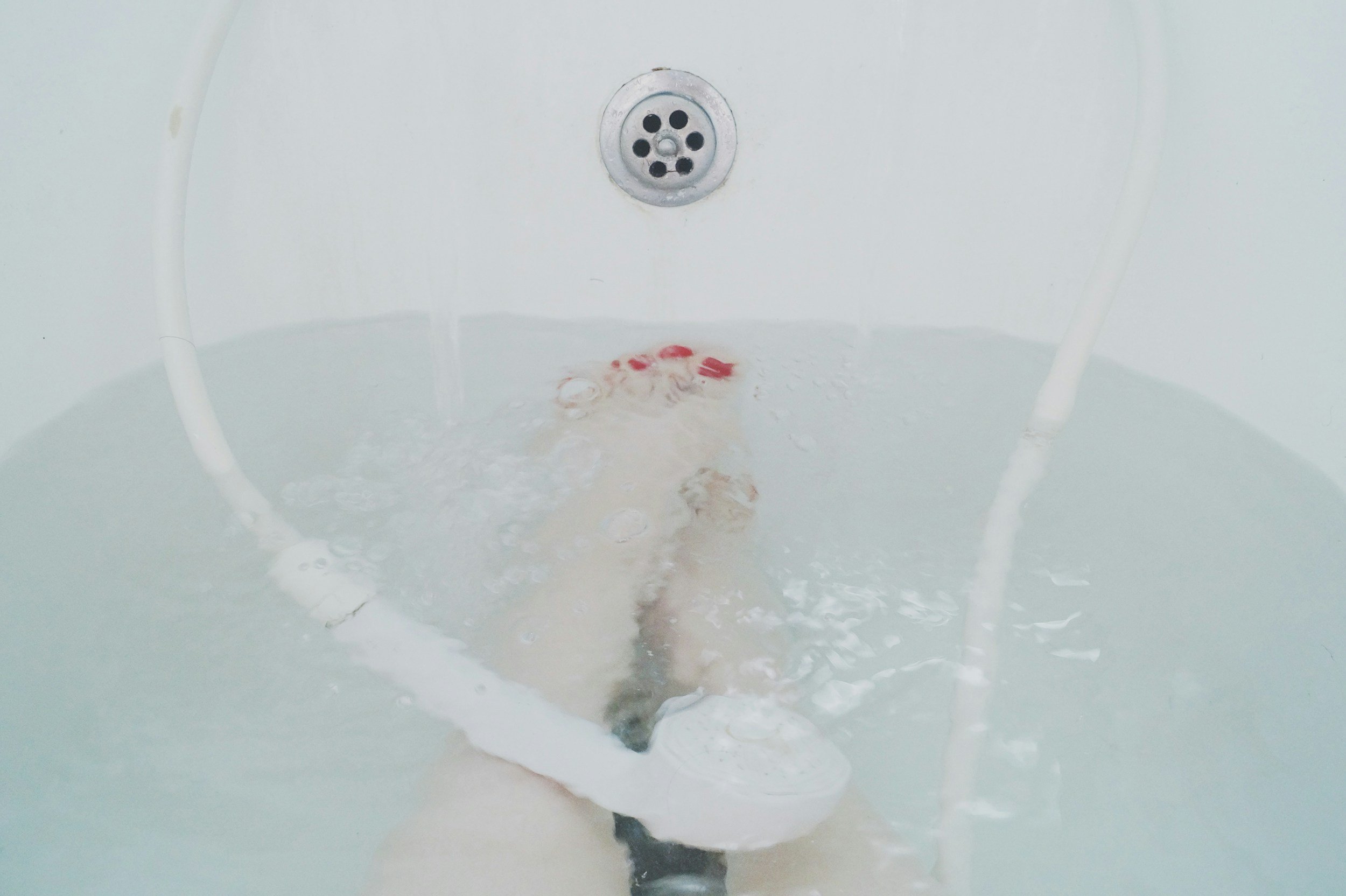
Water Conservation Tips for the Average American Family
Water conservation is more than just an environmental responsibility; it’s also a practical way for families to save money and ensure future generations have access to clean, sustainable water sources. The average American family uses approximately 300 gallons of water per day, but by adopting simple conservation habits, this number can be significantly reduced. Here are practical tips for conserving water both indoors and outdoors.
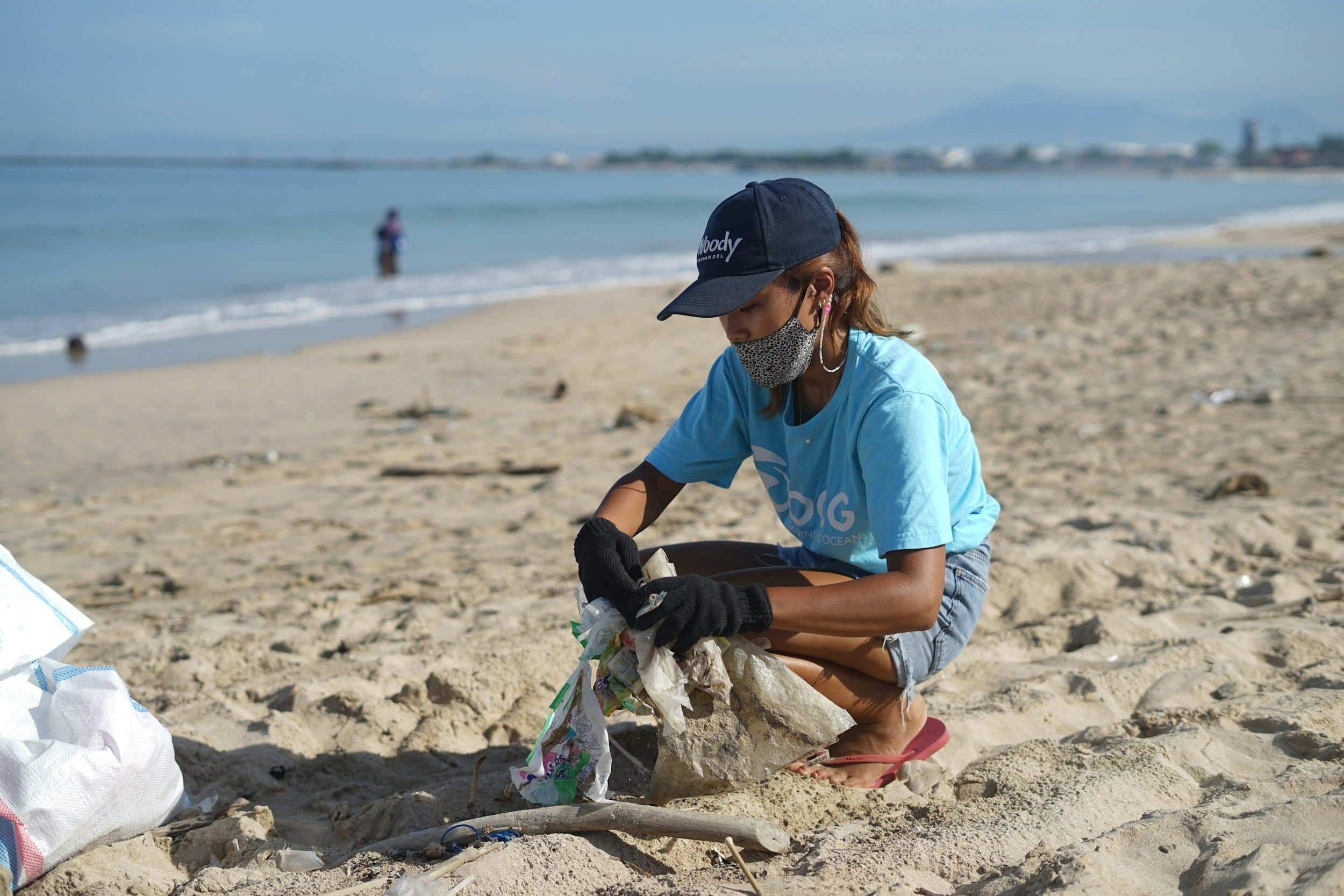
Meaningful Ways to Cut Down on Plastic Consumption
Plastic pollution is one of the most pressing environmental challenges we face today. With millions of tons of plastic waste polluting our oceans, landfills, and ecosystems each year, reducing our plastic consumption has never been more critical. Here are some meaningful ways to minimize your plastic use and make a positive impact on the planet
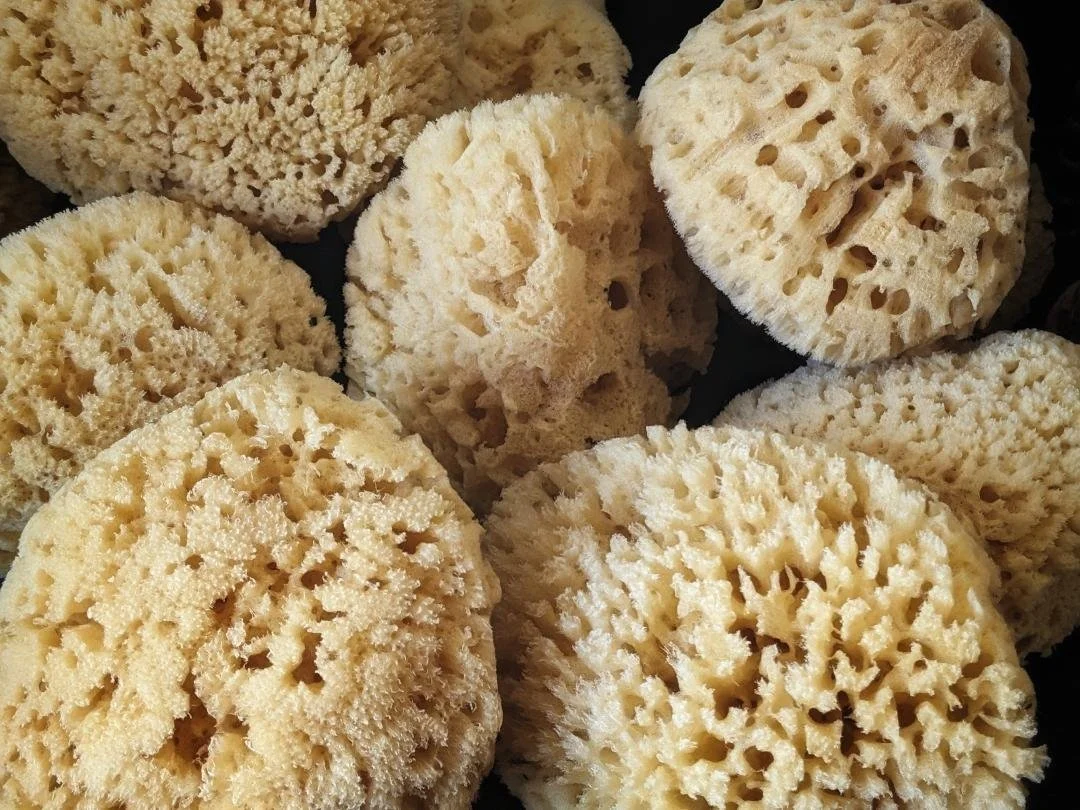
Why You Should Try Natural Sea Sponges in Your Shower
In the quest for a more sustainable, eco-conscious lifestyle, many are turning to natural alternatives in their daily routines. One such alternative that has gained popularity is the natural sea sponge. These sponges, harvested from the ocean, offer a variety of benefits that synthetic sponges and loofahs cannot match. If you're looking to elevate your shower experience while making a positive impact on the environment, here's why you should consider making the switch to natural sea sponges.

Ingredient Spotlight: Natural Sea Salt
Sea salt, derived naturally from evaporated seawater, has numerous practical applications for maintaining healthy skin. Its granular texture makes it an effective tool for removing dirt and dead skin cells, leaving the skin clean and refreshed. As a natural product, sea salt is widely used in scrubs and washes for its ability to cleanse deeply while being gentle enough for regular use. Its role in maintaining skin hygiene is a key reason for its popularity.

Creating the Perfect Holiday Gift Basket with Inlet Soap Company’s Sea Salt Soap
The holiday season is a time to give thoughtful, meaningful gifts that show how much we care. A gift basket featuring Inlet Soap Company’s Sea Salt Soap and eco-friendly essentials offers the perfect combination of luxury, sustainability, and practicality. Designed to pamper and inspire eco-conscious living, this basket makes a statement about the beauty of giving back to both our loved ones and the planet. Here’s how to create a stunning holiday gift basket that will leave a lasting impression.
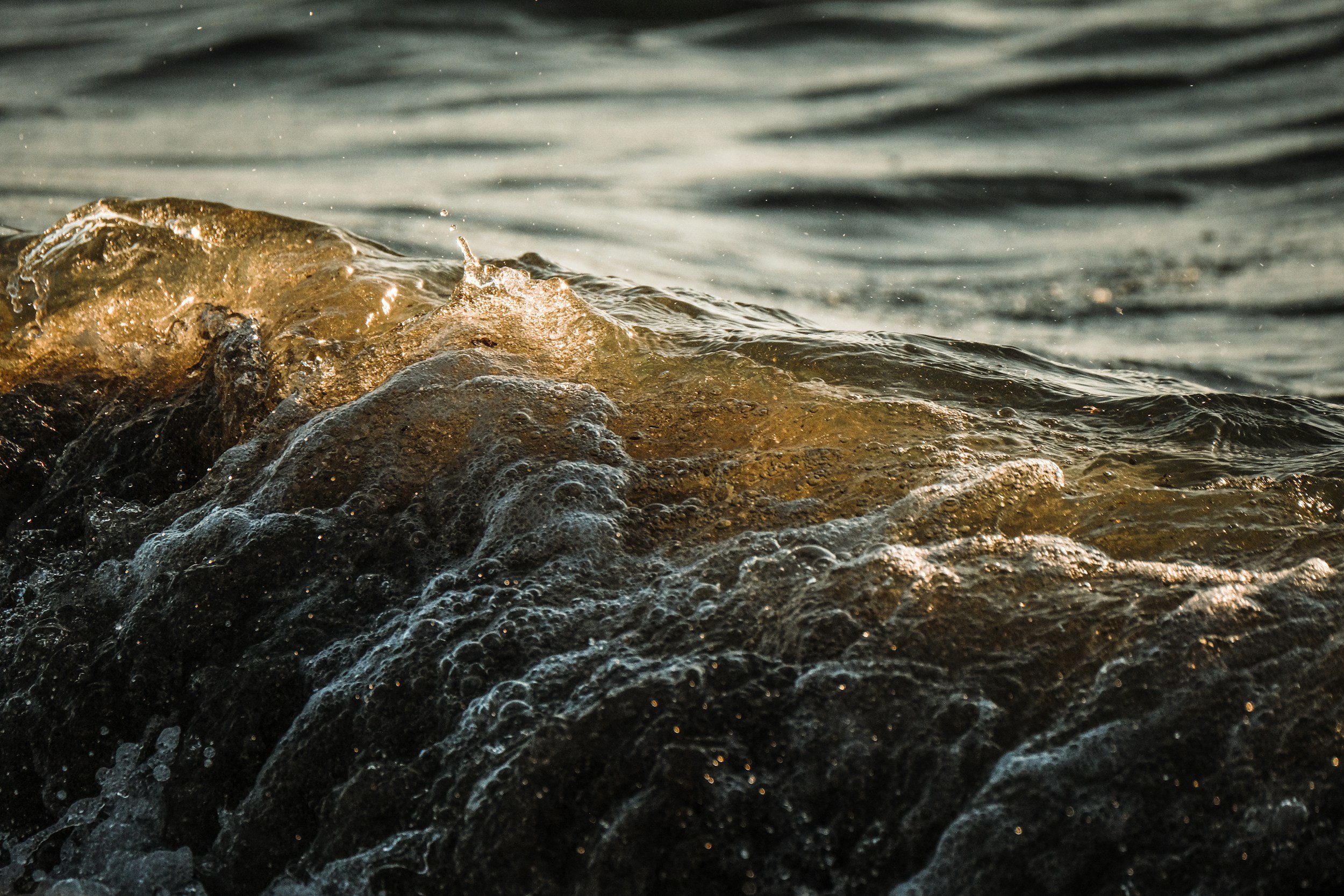
Why Cold Process Soap is Environmentally Friendly
In the quest for sustainable living, the everyday products we use can have a significant impact on the environment. Cold process soap, a traditionally made, handcrafted product, has gained attention for being an eco-friendly alternative to mass-produced soap. While much of the focus is often placed on the natural ingredients in cold process soap, there are several other key factors that contribute to its environmental benefits. These include the soap’s low energy production, biodegradable properties, minimal packaging, and longer-lasting nature. Together, these attributes make cold process soap an environmentally friendly choice that aligns with a sustainable lifestyle.
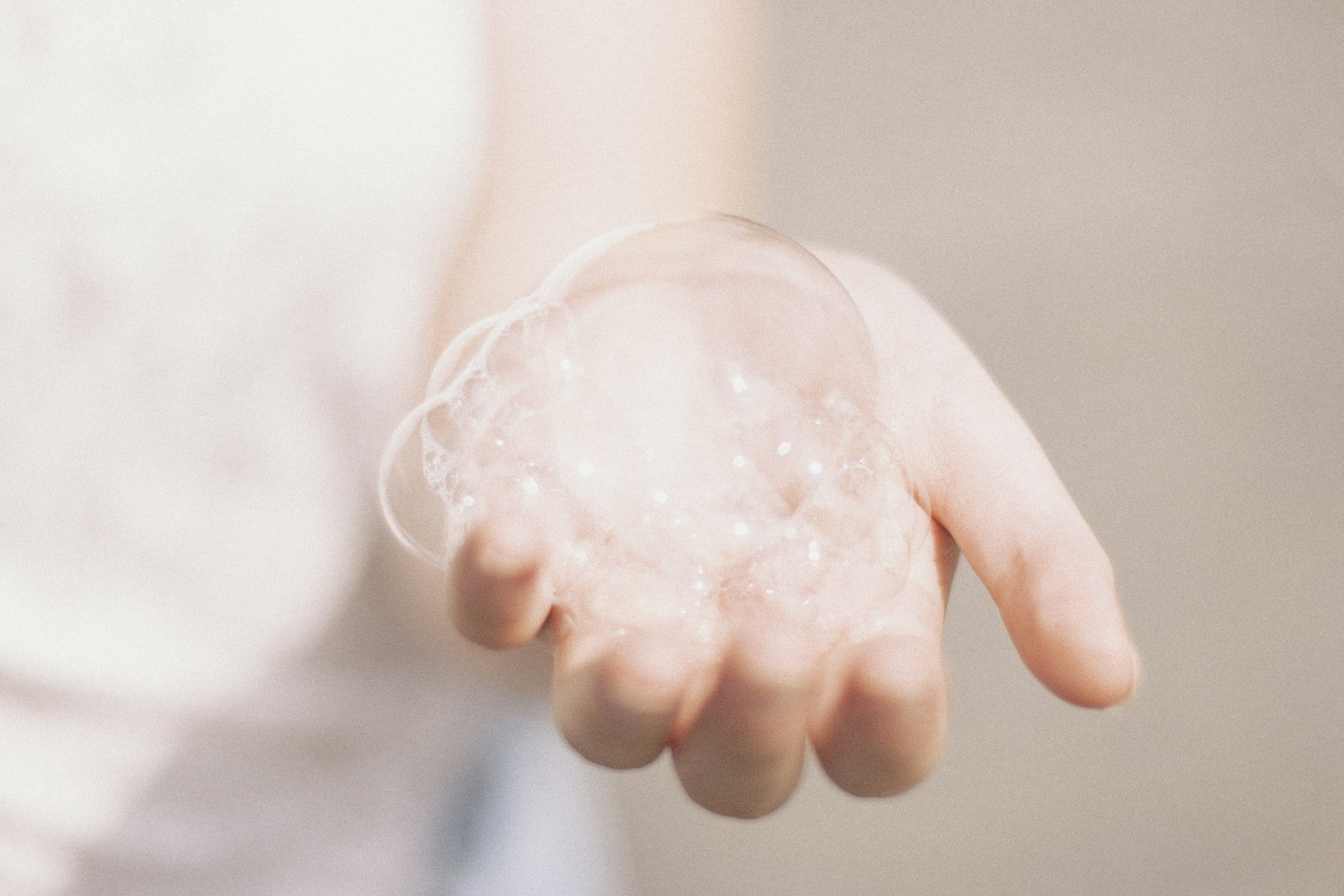
Understanding Lye: Its Role in Soap Making
Lye, or sodium hydroxide (NaOH), is a crucial ingredient in traditional soap making, yet it is often misunderstood. Despite its strong, caustic properties, lye is not only necessary for soap production, but it also plays a transformative role in the process that turns fats and oils into soap. Soap simply cannot be made without lye, and products that claim to be “lye-free” are typically not true soap in the traditional sense. In this essay, we will explore what lye is, why it is needed for soap making, and why soap made without lye does not qualify as authentic soap.

Practical Benefits of Sea Salt Soap
Sea salt soap has gained popularity not just for its natural ingredients but also for its functional and practical advantages. Unlike many commercial soaps that are loaded with chemicals and additives, sea salt soap offers a simple, effective alternative for those looking for a more sustainable and versatile cleansing product. While much of the attention surrounding sea salt soap focuses on cosmetic benefits, it also brings a few everyday practical advantages. These benefits include its natural exfoliating properties, durability, minimal environmental impact, and overall versatility. Let’s explore how these features make sea salt soap a superior choice for both personal hygiene and broader cleaning tasks.

A Brief Overview of the Environmental Harm Caused by Palm Oil Cultivation
Palm oil, one of the most widely used vegetable oils globally, is present in various consumer products, from food to cosmetics. Despite its widespread use, the environmental impact of palm oil production has raised significant concerns.

